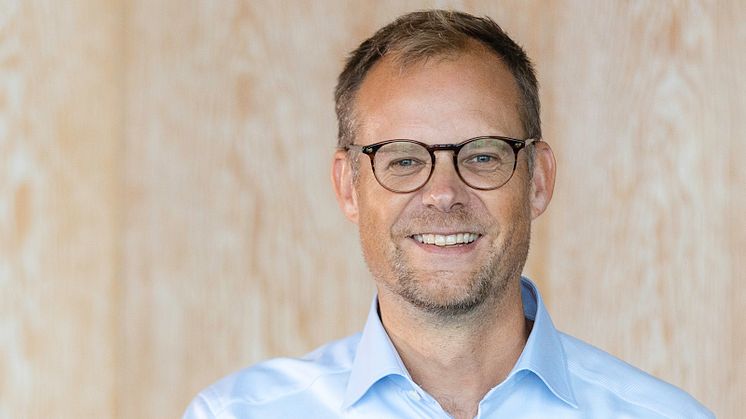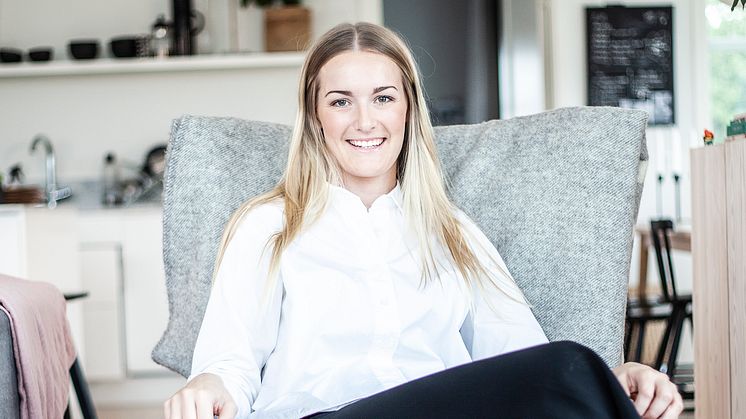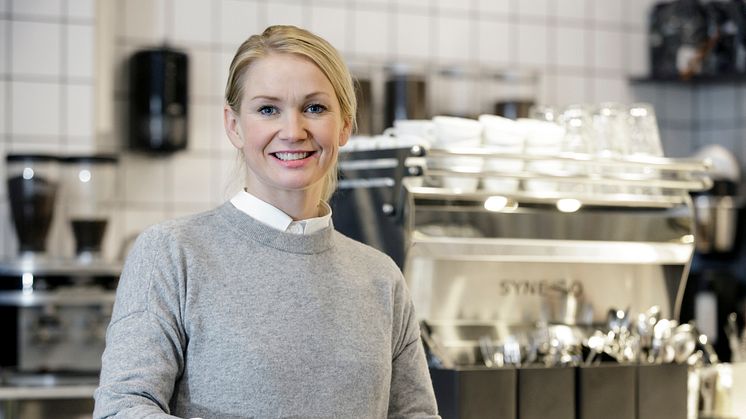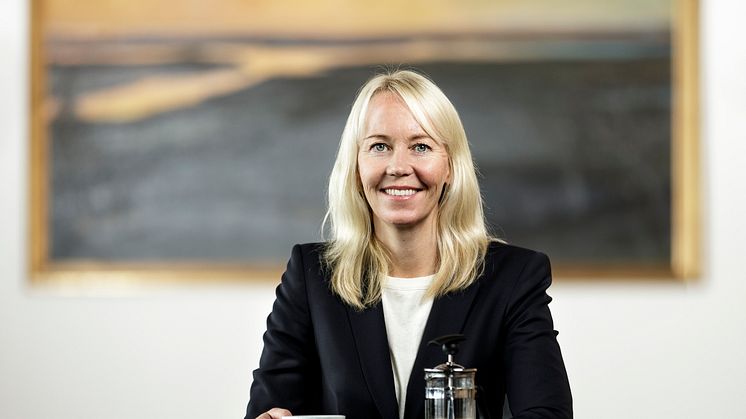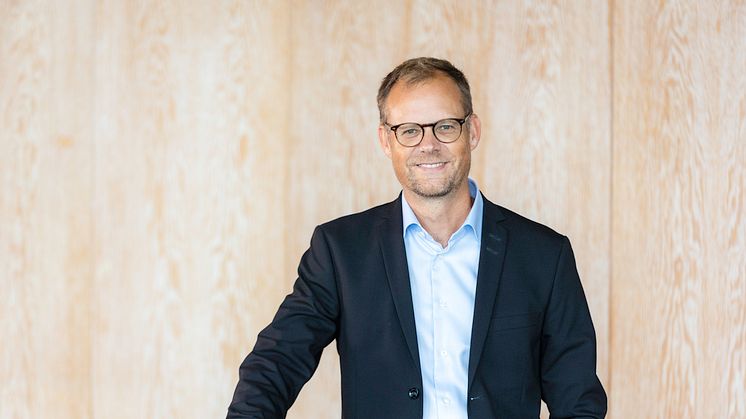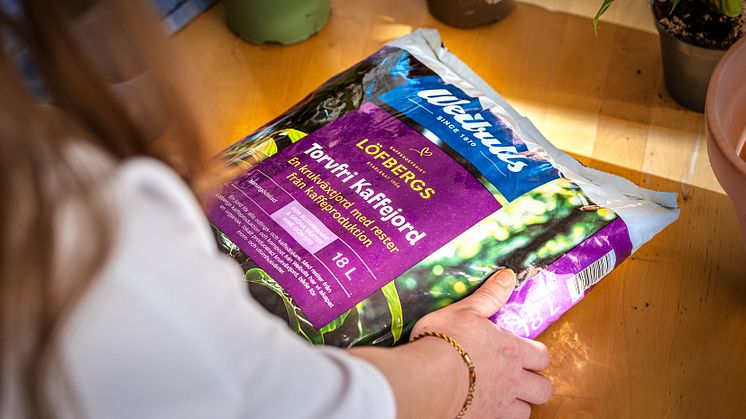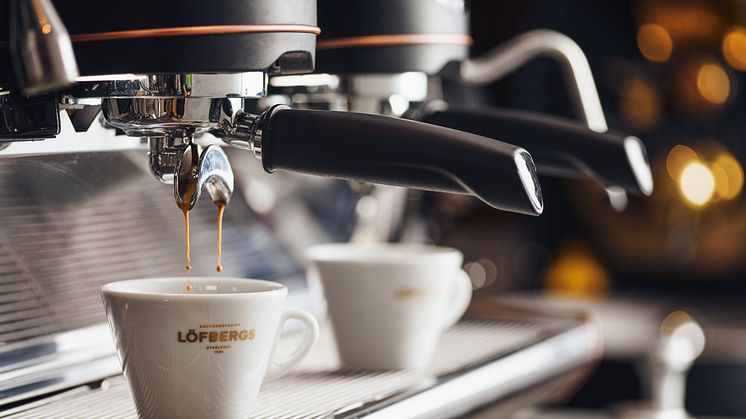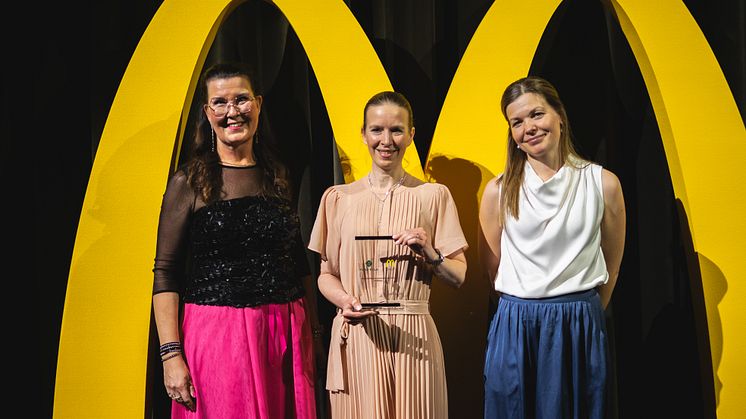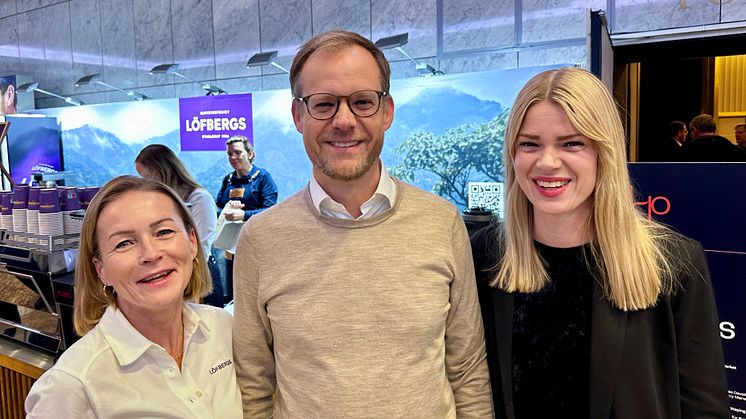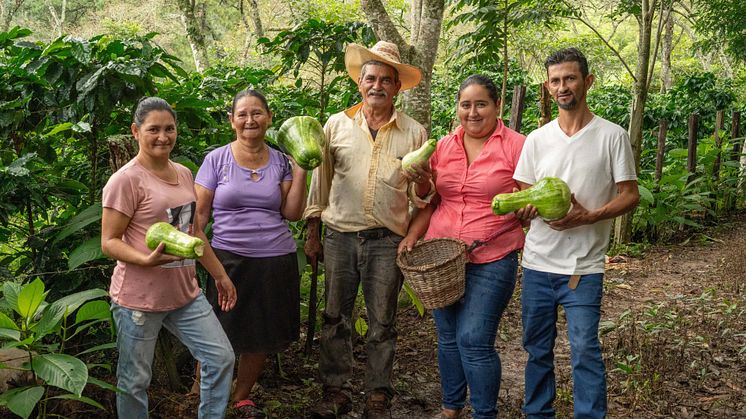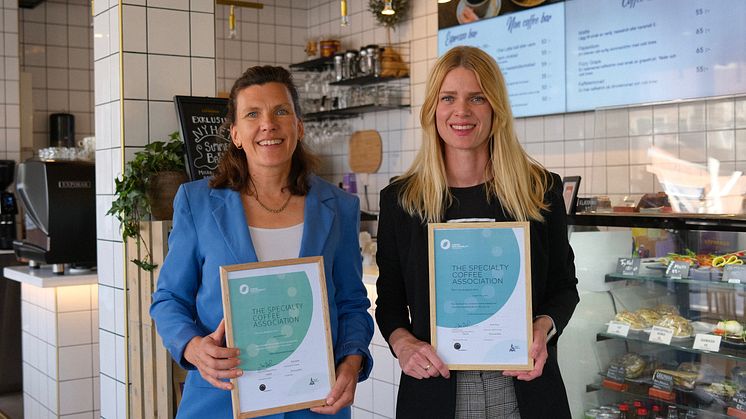Löfbergs Whole Beans Now in Sustainable Mono-Material
All Löfbergs whole beans are now packed in mono-material – a packaging made from a single type of plastic and fully recyclable. This transition marks an important step towards more sustainable material use and a circular economy. "This is an important part of our work to create a more sustainable supply chain,” says Madelene Breiling, Head of Development & Compliance at Löfbergs.




